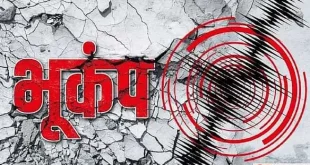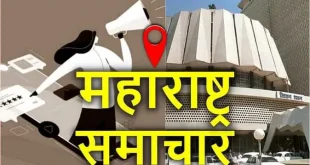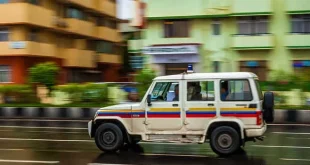
Prime Minister had to resign in just 13 days: Lok Sabha elections are going to be held in the country soon. As soon as elections come, a different situation is seen in India. Actually, elections in India are not just an election but a festival. In which elections were held for the first time in India in 1951-52 and the Congress government remained in power with absolute majority for a long time. There was a time when a coalition government came to power in the country and ruled for a very short time.
History of elections in the country
Lok Sabha elections were held in India for the first time in 1951–52 after the end of the British Raj, after which the Congress maintained a government with absolute majority for a long time. But such a historic event happened in the Lok Sabha elections held in 1996 that the country was ruled for the shortest period. After this there were many ups and downs in Indian politics.
When was the BJP government formed for the first time?
In the 11th Lok Sabha elections held in 1996, BJP defeated Congress and won more seats, but due to lack of majority, the party could not form the government. This was the first time that no party got a clear majority. However, BJP emerged as the largest party in the elections. Due to this, being the largest party in the country, BJP was also invited by the President to form the government in the country.
Atal Bihari Vajpayee's government fell in 13 days
According to the information, 171 registered parties including eight national parties and 30 state level parties took part in this election. A total of 13,952 candidates contested the elections. This was the first time when the number of candidates crossed 10 thousand. However, there was no clear majority. After this, the President invited BJP, which became the largest party in the Lok Sabha, to form the government. In which BJP formed the government under the leadership of Atal Bihari Vajpayee and on 16 May 1996, Vajpayee took over the post of Prime Minister. However, his government fell in just 13 days.
Deve Gowda and Inder Kumar Gujral also took charge
Janata Dal leader HD Deve Gowda replaced Atal Bihari Vajpayee and formed a new government on 1 June 1996 on the strength of the United Front alliance, which remained in power for only 18 months. After his tenure, Inder Kumar Gujral also formed the government, but it also remained in power for a short time.
A non-Congress Prime Minister who completed his term
After this, in the 1998 elections, Atal Bihari Vajpayee once again formed the NDA government. This time, during the trust vote, AIADMK chief Jayalalitha, who was in the NDA, withdrew support from the BJP. Due to which the government fell again. After this, in the next year i.e. 1999, BJP formed the government for the third time under the leadership of Atal Bihari Vajpayee in alliance with 13 parties. Atal Bihari Vajpayee took oath on 13 October 1999. After which his government completed its tenure. He thus became the first non-Congress Prime Minister to complete his tenure as Prime Minister. Currently Prime Minister Narendra Modi is the first non-Congress Prime Minister to complete two terms.
 look news india
look news india


